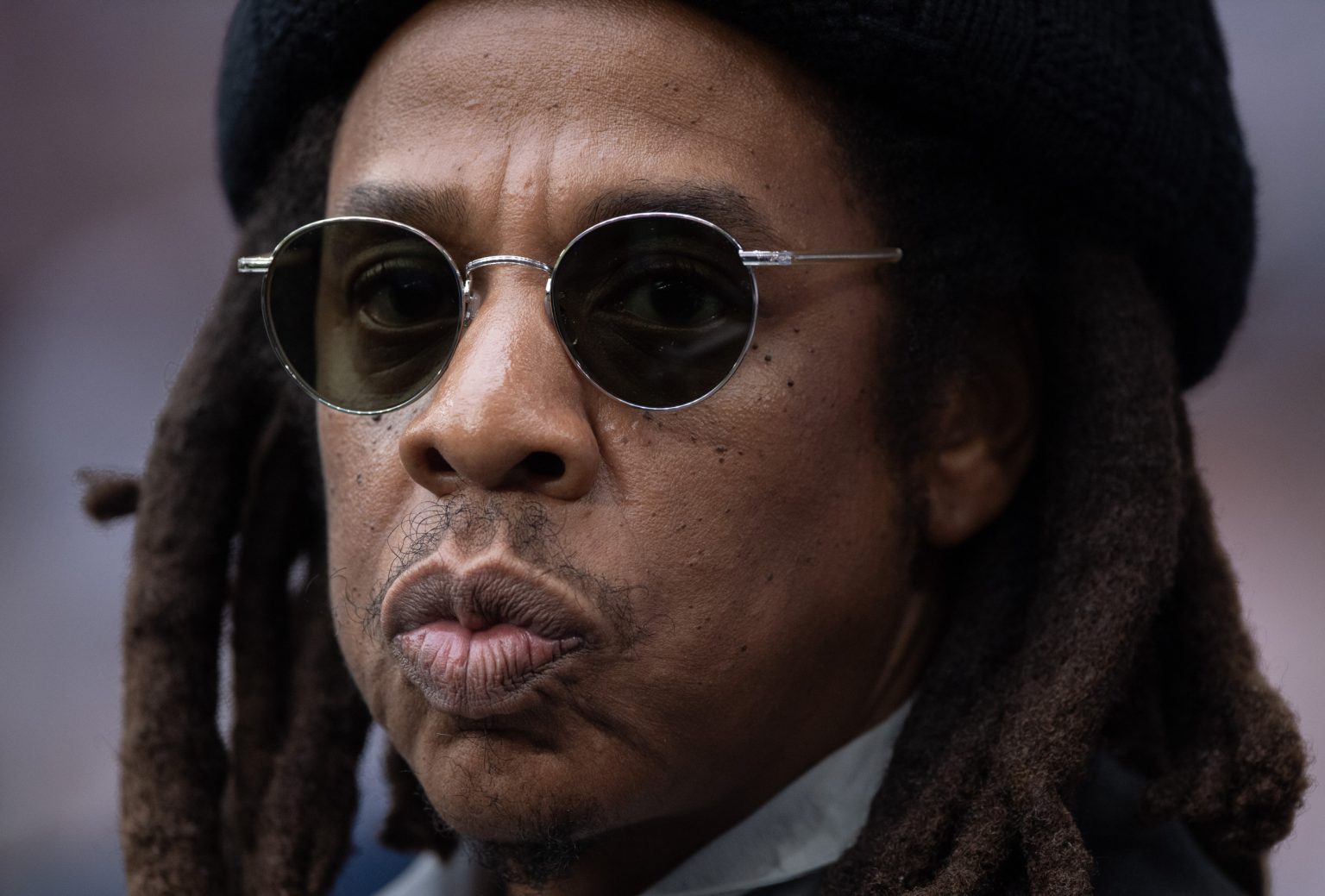The hip-hop mogul Jay-Z, legally known as Shawn Carter, has encountered a significant setback in his legal battle against a civil rape lawsuit. A New York judge denied his petition to dismiss the case, allowing the accuser, identified as Jane Doe, to maintain her anonymity for the time being. This decision sets the stage for a potentially protracted legal battle, with far-reaching implications for how celebrities navigate accusations of this nature. The case, fraught with complexities and high-profile figures, revolves around allegations of rape stemming from an incident that allegedly occurred when the accuser was 13 years old. The denial of the dismissal adds another layer of public scrutiny to Jay-Z’s career and underscores the growing movement holding powerful figures accountable for past actions.
The allegations against Jay-Z, alongside Sean “Diddy” Combs, paint a disturbing picture of abuse of power and exploitation. The accuser, Jane Doe, maintains that both men raped her when she was a minor. While both Jay-Z and Combs vehemently deny any wrongdoing and point to inconsistencies within Doe’s account, which she herself acknowledges, the judge’s decision to allow the case to proceed underscores the seriousness of the allegations. This ruling, which highlights the public’s vested interest in the case, signals a potential shift in the legal landscape, where accusers in high-profile cases are granted a degree of protection and anonymity, particularly in the initial stages of proceedings.
The judge’s decision to permit Jane Doe’s continued anonymity is noteworthy. While acknowledging that the plaintiff might be required to reveal her identity as the case progresses, Judge Analisa Torres recognized the potential for undue hardship and harassment should her name be made public prematurely. The judge balanced the public’s right to information with the plaintiff’s right to privacy and protection, particularly given the sensitive nature of the allegations and the considerable power and influence wielded by the defendants. This delicate balancing act underscores the evolving legal standards related to anonymity in high-profile cases, particularly those involving accusations of sexual assault.
Beyond the allegations themselves, the conduct of Jay-Z’s attorney, Alex Spiro, has drawn sharp criticism from the judge. Judge Torres censured Spiro for employing “inflammatory language” and launching personal attacks against Tony Buzbee, the accuser’s lawyer. The judge deemed Spiro’s tactics, which included a barrage of motions and letters, as inappropriate, a waste of judicial resources, and ultimately detrimental to his client’s case. This judicial rebuke emphasizes the importance of professional decorum and ethical conduct, even within the adversarial context of legal proceedings. The judge’s comments serve as a warning against employing aggressive and potentially manipulative tactics in an attempt to sway public opinion or influence the judicial process.
The legal strategy employed by Jay-Z’s defense team has been described as “groundbreaking” by Wayne Dennison, the attorney who represented Johnny Depp in his defamation trial against Amber Heard. Dennison suggests that this aggressive approach, focused on challenging the accuser’s credibility and highlighting inconsistencies in her narrative, could set a precedent for how celebrities handle similar legal challenges in the future. This proactive, offensive strategy, while potentially risky, aims to control the narrative and cast doubt upon the accuser’s claims from the outset.
The unfolding legal drama involving Jay-Z carries significant implications for the entertainment industry and beyond. The case raises crucial questions about power dynamics, accountability, and the treatment of accusers in high-profile sexual assault cases. The judge’s decision to allow the case to proceed and permit the accuser’s continued anonymity signals a potential shift in the legal landscape, one that could empower other accusers to come forward and challenge powerful figures. The outcome of this case could have lasting repercussions, influencing how such allegations are handled in the future and potentially reshaping legal strategies for both accusers and defendants in high-profile cases. Furthermore, the public scrutiny surrounding this case underscores the increasing demand for accountability and transparency within the entertainment industry and broader society.

